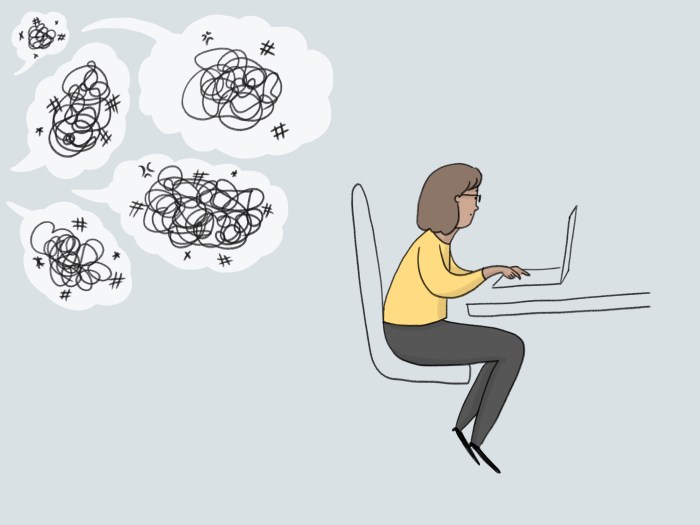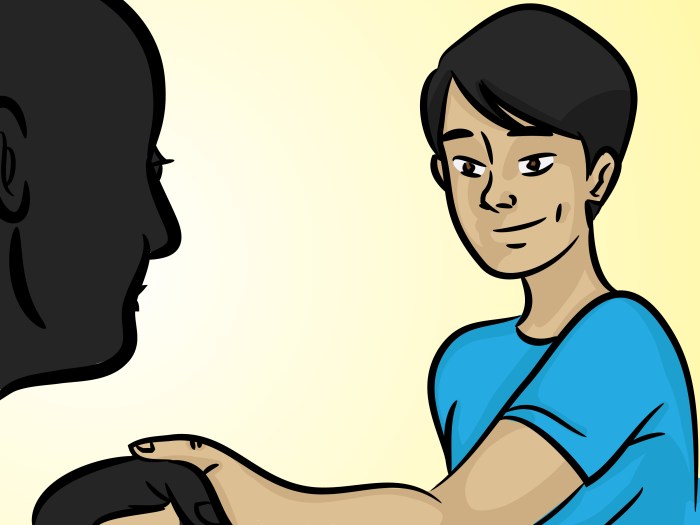Definition of aloofness in the outsiders – Aloofness, a defining characteristic of certain characters in S.E. Hinton’s The Outsiders, is a multifaceted concept that profoundly shapes the novel’s narrative and themes. This essay will delve into the definition, manifestations, causes, consequences, and potential for overcoming aloofness within the context of the novel, providing a comprehensive analysis of this significant aspect of human behavior.
Aloofness, as defined in the context of The Outsiders, refers to a deliberate emotional and social distance maintained by individuals, often as a defense mechanism or a manifestation of superiority. This emotional detachment can take various forms, ranging from physical isolation to verbal dismissiveness, and has a profound impact on both the individuals involved and the group dynamics.
Define Aloofness: Definition Of Aloofness In The Outsiders

Aloofness, a defining characteristic of several characters in S. E. Hinton’s novel “The Outsiders,” is a state of emotional distance and detachment from others. It manifests as a deliberate withdrawal from social interactions, a lack of emotional engagement, and an air of superiority or indifference towards others.
In the context of the novel, aloofness often stems from a sense of alienation, a feeling of not belonging or being understood by others. It can be a defense mechanism, a way to protect oneself from perceived threats or vulnerability.
Manifestations of Aloofness in The Outsiders, Definition of aloofness in the outsiders
- Ponyboy Curtis:Ponyboy’s aloofness is characterized by his introspective nature and his tendency to withdraw into his own thoughts and observations. He often feels isolated and misunderstood, which leads him to distance himself from others.
- Darry Curtis:Darry’s aloofness stems from his responsibilities as the oldest brother and guardian of his siblings. He often puts on a tough exterior to hide his vulnerabilities and maintain order within the family.
- Sodapop Curtis:Sodapop’s aloofness is more subtle and manifests as a carefree and detached attitude towards life. He avoids confronting his problems and instead seeks solace in superficial relationships and distractions.
Causes and Motivations for Aloofness
The characters in “The Outsiders” exhibit aloofness for various reasons, including:
- Social Factors:The characters’ experiences with social prejudice and discrimination contribute to their feelings of alienation and aloofness. They feel like outsiders in society and withdraw as a way to protect themselves from further rejection.
- Psychological Factors:The characters’ past traumas and emotional wounds lead them to develop defense mechanisms such as aloofness. They distance themselves from others to avoid getting hurt or exposing their vulnerabilities.
- Environmental Factors:The harsh and unforgiving environment in which the characters live shapes their behaviors and attitudes. The constant struggle for survival and the lack of opportunities create a sense of hopelessness and detachment.
Consequences of Aloofness
Aloofness has both positive and negative consequences for the characters in “The Outsiders”:
- Positive Consequences:Aloofness can provide a sense of protection and safety for the characters. It allows them to maintain a sense of control and avoid getting hurt or taken advantage of.
- Negative Consequences:Aloofness can also lead to isolation and loneliness. It prevents the characters from forming meaningful connections with others and experiencing true intimacy.
General Inquiries
What is the significance of aloofness in The Outsiders?
Aloofness is a defining characteristic of certain characters in The Outsiders, shaping their relationships, group dynamics, and personal growth.
How does aloofness manifest itself in the novel?
Aloofness in The Outsiders takes various forms, including physical isolation, verbal dismissiveness, and emotional detachment.
What are the underlying causes of aloofness among the characters?
The causes of aloofness in The Outsiders are complex and varied, ranging from social and psychological factors to environmental influences.
What are the consequences of aloofness for the characters and their relationships?
Aloofness can lead to isolation, loneliness, and a lack of meaningful connections for both the individuals involved and those around them.
Is it possible to overcome aloofness?
Overcoming aloofness requires self-awareness, a willingness to break down barriers, and the cultivation of empathy and connection.


